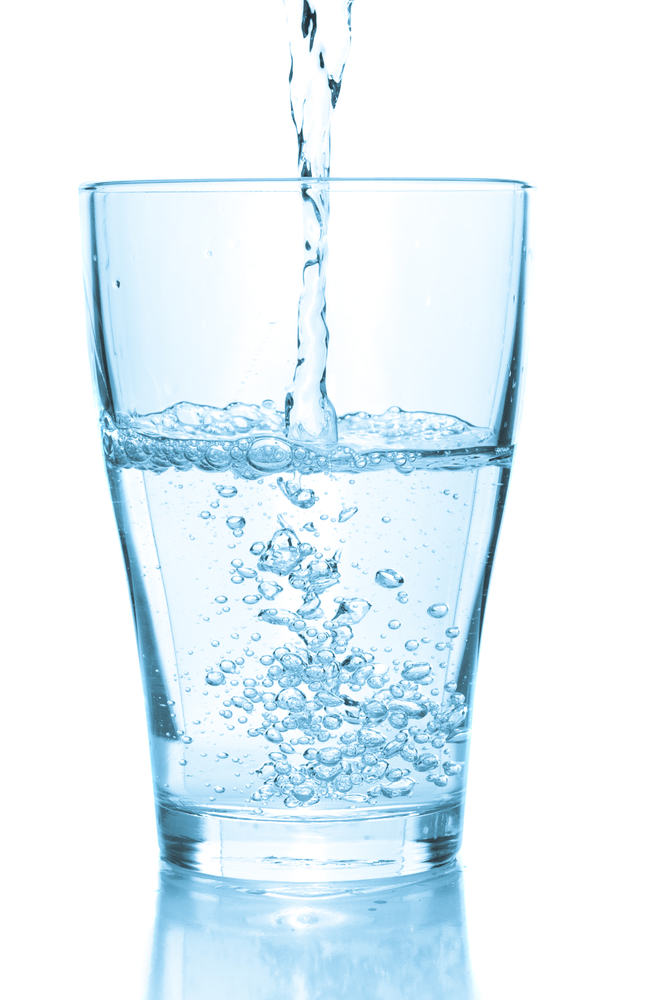Free Home & Well Water Testing in Southern California
Know what’s in your water immediately with fast & accurate results with our free basic water test.
Relyon Water offers free basic water testing with fast, accurate results in most local areas. Enter your zip code to see if you qualify for free water testing!
We will perform a basic test on your water to determine your Total Dissolved Solids, Hardness, and Chlorine content and present you with a professional analysis of the results.
Common water contaminants in Southern California
Hardness Minerals
What it is - hard water contains calcium and magnesium minerals which bond with everything they touch leaving "limescale" in their wake.
Treatment – Our guaranteed water softener provides the best option for soft water on the market. It improves the water throughout your entire home while protecting your appliances and fixtures.
PFOS & PFOA
PFOA (Perfluorooctanoic acid or perfluorooctanoate) and PFOS (perfluorooctane sulfonate) are chemicals that have been used in the United States since the 1940s in the manufacturing of popular consumer goods including Teflon, pesticides, household cleaning products, and other items.
According to the US EPA:
[PFOA and PFOS] are "extremely persistent in the environment and resistant to typical environmental degradation processes. They are widely distributed across the higher trophic levels and are found in soil, air, and groundwater at sites across the United States. The toxicity, mobility and bioaccumulation potential of PFOS and PFOA pose potential adverse effects for the environment and human health."
An Relyon Water water treatment system can reduce PFOA and PFOS in water. Our team of certified and highly skilled water specialists can help you determine the most cost-effective water treatment method.
Chromium 6 (The Erin Brockovich Chemical)
A new study by the Environmental Working Group reports that local drinking water contains hexavalent chromium, a toxic metal that has been linked to cancer. While the U.S. Environmental Protection Agency does not require the testing for the metal, the survey found that levels in CA water in some areas were far beyond the levels proposed as a safety limit by authorities. This contaminant has been proven to cause cancer. You can search your zip code to see the amount in your municipal water supply here: https://www.ewg.org/interactive-maps/2016-chromium6-lower-48.php#.WXYljtPyu-l
Treatment typically is through a Reverse Osmosis Drinking Water System. It's important to know how many parts per million are in your water so you'll know what the levels will be reduced by post-treatment. Contact us today to learn more.
Iron
What it is - Iron can come in a couple different forms including dissolved and non-dissolved. Both of which can leave red/orange stains on your sinks, tubs, and toilets and can be extremely hard to remove. Iron can also cause bacteria to grow and let off an unpleasant smell.
Treatment – Relyon Water provides iron treatment solution that vary depending on the type of iron you have and the amount present in your water. The best way to know what treatment method you need is a free home water test. Contact us today to learn more.
Chlorine
What it is - Chlorine is a chemical used by municipal & local water treatment plants to reduce harmful bacteria in the water supply. While this sounds good, chlorine and chloramines can cause a bacteria of their own to grow called trihalomethanes (TTHM) which is quite unsafe to drink or bathe in.
Treatment – The most efficient Chlorine reduction filter is Granular Activated Carbon (GAC) or Catalytic Carbon. Due to the high level of chlorine added to water by cities, you will really appreciate your water with chlorine reduction.
Dirt & Sediment
What it is - dirt & sediment is just as it sounds. This is typically most common in well water or surface water that hasn't gone through a treatment facility.
Treatment – Dirt and sediment are found in almost all water supplies and will decrease the efficiency and lifespan of your appliances. For example, sediment in a water heater can prevent the heat from transferring to the water in the tank once sediment has built up in the bottom. Our whole house filtration system can help with this problem.
Other Contaminants
What they are - common contaminants in our area can include nitrates, lead, arsenic, pharmaceuticals, and more. These are not included in the free water test, however, we do offer full laboratory testing at an affordable price.
Treatment – Protecting the water in your home is important, however ensuring the purity of the water you are putting in your body is even more crucial. Our Reverse Osmosis drinking water system will give you peace of mind that your drinking water is healthy, and you are going to fall in love with this drinking water system that can provide up to 50 gallons per day of delicious water.
The video below explains why it's so important to know what's in your water so you can find the right treatment solution.

Relyon Water offers the Southern California community with the highest quality whole home water system on the market. Regardless of what’s in your water, our system can reduce and improve it. See the charts below for detailed information on reduction percentages.
**Be sure to scroll to the right to view all data**
PPM = parts per million | PPB = parts per billion | PPT = parts per trillion
*Includes: alachlor, atrazine, benzene, carbofuran, carbon tetrachloride, chloropicrin, dibromochloropropane, o-dichlorobenzene, p-dichlorobenzene, 1,2-dichloroethane, trans-1,2-dichloroethylene, 1,2-dichloropropane, cis-1,3-dichloropropylene, dinoseb, endrin, ethylbenzene, ethylene dibromide, haloacetonitriles, bromochloroacetonitrile, dibromoacetonitrile, dichloroacetonitrile, trichloroacetonitrile, haloketones, 1,1-dichloro-2-propanone 1,1,1-trichloro-2-propanone, heptachlor, heptachlor epoxide, hexachlorobutadiene, exachlorocyclopentadiene, lindane, methoxychlor, pentachlorophenol, simazine, styrene, 1,1,2,2-tetrachloroethane, tetrachloroethylene, toluene 1, 2,4,5-TP, tribromoacetic acid, 1,2,4-trichlorobenzene, 1,1,1-trichloroethane, 1,1,2-trichloroethane, trichloroethylene, trihalomethanes, chloroform, bromoform, bromodichloromethane, chlorodibromomethane, and xylenes.
† Production values based on 77ºF (25ºC), 550ppm, filtered and dechlorinated municipal tap water.
